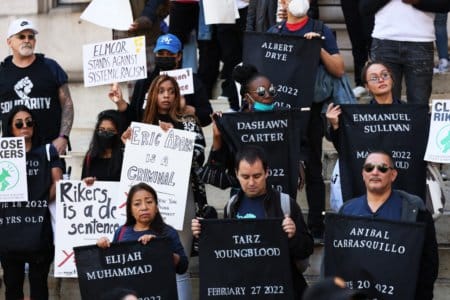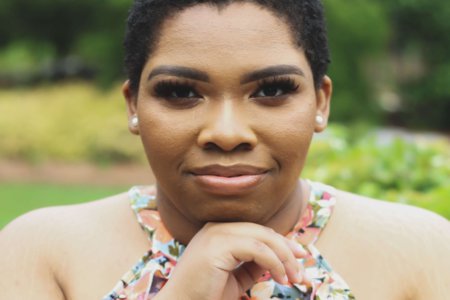
Recently, the College Board has launched the AP African American studies, a pilot course that’s been developed over more than a decade.
Having worked alongside educational institutions from secondary schools to universities, the debut ethnic studies course will be piloted to 60 high schools across the US.
The AP course also offers students a chance to earn college credits depending on how they perform in the course exam. It will be available to all schools nationally in the 2024-25 school year.
The course structure is interdisciplinary and is meant to explore the significant contributions and experiences of African Americans in the fields of literature, the arts and humanities, political science, geography and science.
College Board explains that the curriculum is designed to offer high school students an “evidence-based introduction to African American studies” and it draws from the “expertise and experience of college faculty and teachers across the country.
But the final framework of the programme that was released Feb. 1, 2023, received backlash and stirred controversy.
So what exactly remains to be taught in the AP African American course? And what’s the controversy behind the groundbreaking course?
Here’s all you should know about the AP African American course:

Kimberlé Crenshaw was among the experts who contributed to the first framework of the course. Source: Monica Schipper/Getty Images North America/Getty Images via AFP
AP African American studies: A guide
The course is divided into four units – Origins of the African Diaspora; Freedom, Enslavement and Resistance; the Practice of Freedom; and Movements and Debates.
Each unit comes with required primary sources to review and topics to cover. Students are expected to demonstrate a mastery of the learning objective at the end of the unit.
There is also a three-week capstone project for which students must write an essay on the topic of their choosing, worth 20% of their AP exam grade.
The exam involves 60 multiple-choice questions and four free-response questions. The final score from includes a grade given for the student project, which is to be turned in prior to the exam.
1. Designed by scholars and experts
The course is specially developed by scholars and experts in the subject.
The College Board reached out and collaborated with more than 300 professors of African American studies.
This included historically Black colleges and universities, along with dedicated high school teachers. This process was completed in December 2022.
Students can expect to learn about events, experiences and individuals that are crucial to the study of African American studies.
2. A deep dive into Black history
Robert J. Patterson, professor of African American studies at Georgetown University in Washington, D.C. believes that the AP African American Studies “does what American education currently more generally doesn’t do” — and that is to weave in the African American story, experience, history and more, as central to the American experience.
“Never before have high school students had the opportunity to engage with African American history and culture in such depth and coherence. The course begins with ancient African kingdoms and traces a path from slavery to freedom,” said Dr. Henry Louis Gates Jr., Alphonse Fletcher University Professor and Director of the Hutchins Centre for African and African American Research at Harvard University.
“It focuses on key periods such as the American Revolution, the Civil War, Reconstruction, the rise and fall of Jim Crow segregation, and the civil rights movement.”
3. Help students be college-ready

The AP African American course can prepare students to understand historical and cultural influences at the college level. Source: Mandel Ngan/AFP
The AP African American Studies can help prepare students for college where they will be exposed to a wider international student community. The course will help give context to these issues and movements and help students learn how to be advocates for the marginalised community.
This further helps them prepare for the intellectual challenge of studying African American historical and cultural influences at the college level.
Culturally relevant course content keeps students engaged, gives them a sense of belonging, and helps all students learn to work with people from diverse backgrounds.
The controversy behind AP African American studies

Governor of Florida, Ron DeSantis said the AP African American studies violated state law. Source: Wade Vandervort/AFP
The original AP African American studies framework included modern Black history topics such as Black Lives Matter, affirmative action, debate over reparations on slavery and queer theory.
The College Board released the final framework with the omission of those topics after Governor of Florida, Ron DeSantis criticised the framework and vowed to block schools from teaching the course, saying it violated state law and “significantly lacks educational value.”
Florida is one of 18 states with legislation or policy in place restricting how topics of race and racism are taught in schools.
Though the organisation has since cleared the air clarifying they didn’t bow to political pressure, some are still hopeful of the introduction of such an in-depth curriculum about African American culture.
Melissa Tracy, a Delaware charter school teacher among the 60 chosen for the trial by the College Board, says she’s “still in the process of digesting the new changes,” which “are to be expected in a pilot.”










